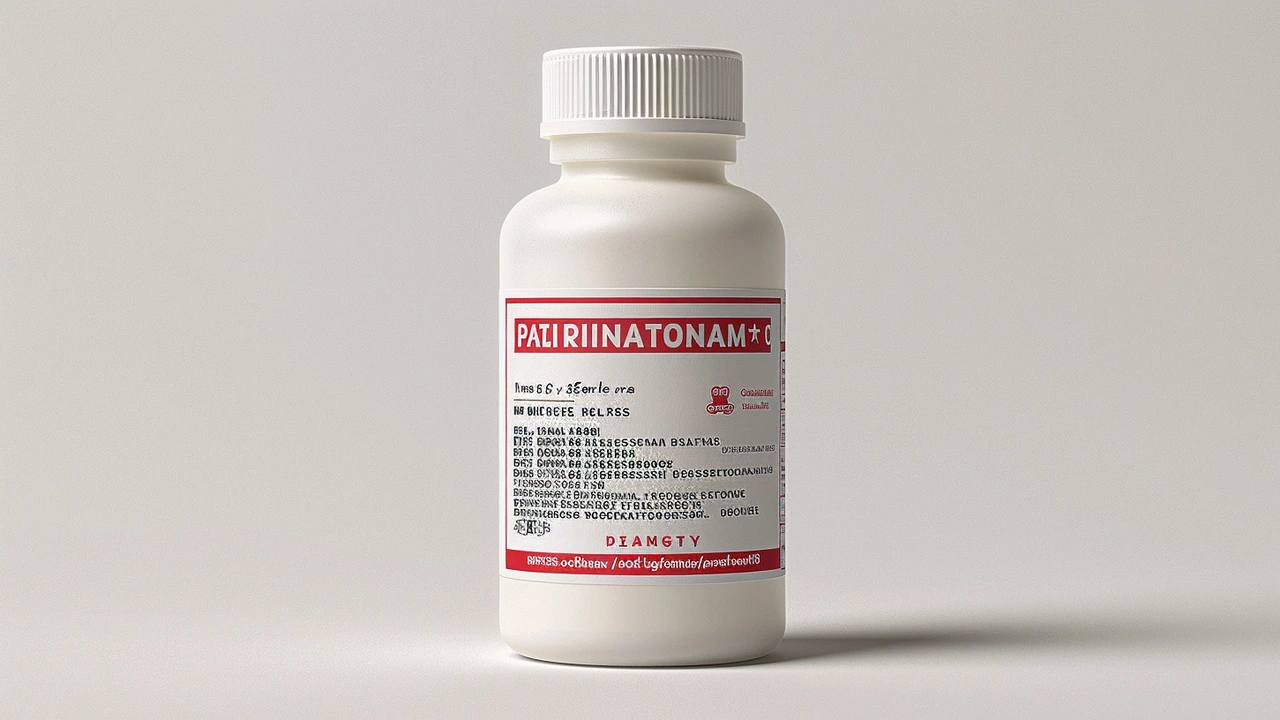GERD Treatment: Clear Steps You Can Try Today
Heartburn after meals or a sour taste in your throat? That’s gastroesophageal reflux disease (GERD). Good news: many people get real relief with a few changes and the right medicines. Below I’ll lay out practical steps you can take, what drugs actually do, and when it’s time to see a clinician.
Quick fixes and daily habits that help
Start with easy, no-prescription moves. Eat smaller meals and stop eating 2–3 hours before bed. Sleep with your head raised 6–8 inches—this uses gravity to keep acid down. Lose even a small amount of weight if you’re overweight; shedding 5–10% of body weight often eases symptoms.
Cut or reduce common triggers: coffee, alcohol, chocolate, peppermint, tomato-based foods, spicy dishes, and fatty meals. Smoking makes reflux worse, so quitting helps. Also avoid tight waistbands or belts that press on your stomach.
Medicines and medical options
Over-the-counter antacids (Tums, Rolaids) neutralize acid fast but briefly. Alginate products (like Gaviscon) form a barrier that can stop reflux reaching the throat—good for immediate relief after a meal.
H2 blockers (famotidine) reduce acid production for several hours and work well for mild, predictable heartburn. Proton pump inhibitors (PPIs) such as omeprazole or pantoprazole are stronger and commonly used for moderate to severe GERD. Give a PPI a few weeks to work; if symptoms improve, your doctor will advise the lowest effective dose.
Long-term PPI use can come with side effects for some people (nutrient absorption changes, infections, or bone issues in rare cases). Don’t stop suddenly—talk to your doctor about tapering if you’ve used them for months.
If medicines and lifestyle changes don’t help, there are procedures. Fundoplication (Nissen) is a surgical option that strengthens the valve between stomach and esophagus. Less invasive choices include the LINX magnetic ring. These are worth discussing if reflux ruins sleep, causes breathing problems, or if you want to avoid lifelong pills.
Watch for alarm signs: difficulty swallowing, unexplained weight loss, vomiting blood, black stools, or chest pain that could be heart-related. These need urgent medical care and possibly endoscopy.
Thinking of buying meds online? Use licensed pharmacies, read reviews, and avoid sellers who skip prescriptions for stronger drugs. Cheap is tempting but safety matters—your doctor or a local pharmacist can point you to reputable options.
Want one quick plan? Try small meals, raise the bed head, cut triggers, use an alginate or antacid after meals, and try a short H2 blocker or PPI if symptoms persist. If you still wake at night or have any alarm signs, see a doctor for testing and a tailored plan.
